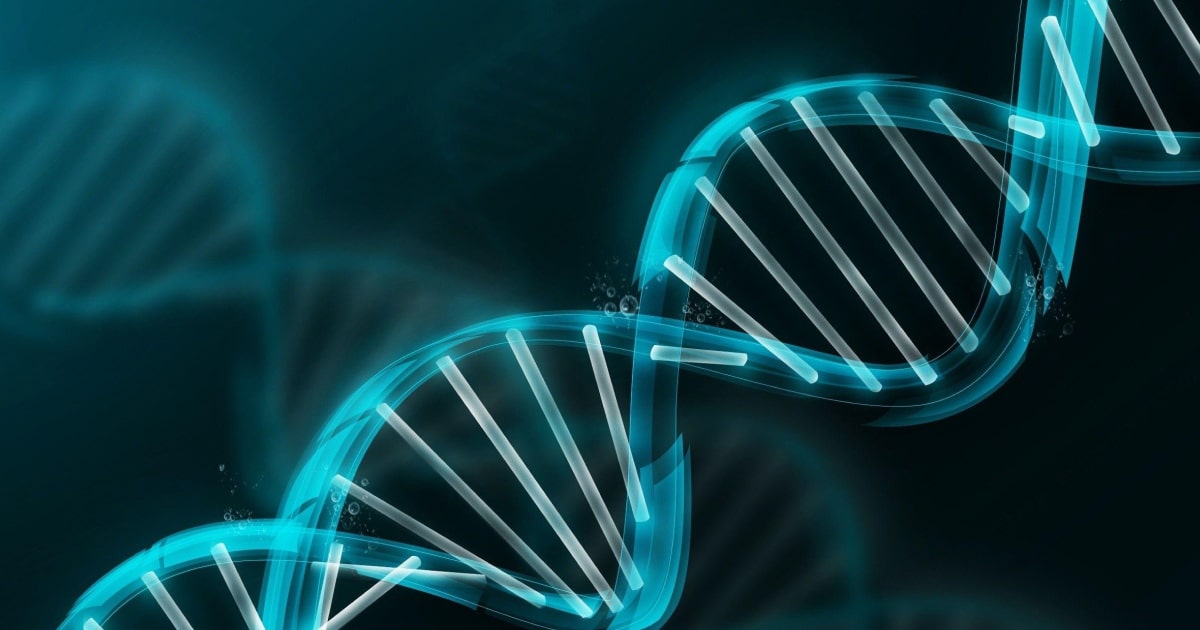
Expert Reviewed By: Dr. Brandon Colby MD
Understanding Severe Combined Immunodeficiency Due to CORO1A Deficiency
Severe Combined Immunodeficiency (SCID) is a rare but serious genetic disorder characterized by a severely impaired immune system. Among the various genetic causes of SCID, mutations in the CORO1A gene have been identified as a significant contributor. CORO1A deficiency disrupts the development and function of T-cells and B-cells, crucial components of the immune system. This disruption leaves individuals vulnerable to recurrent infections, which can be life-threatening if not diagnosed and managed early.
The Role of Genetic Testing in Identifying CORO1A Deficiency
Genetic testing has emerged as a pivotal tool in diagnosing SCID, particularly when linked to specific genetic mutations like those in the CORO1A gene. By analyzing an individual's DNA, healthcare providers can identify mutations that may cause SCID, enabling early intervention and improved patient outcomes.
Early Diagnosis and Intervention
Early diagnosis is critical in managing SCID due to CORO1A deficiency. Genetic testing allows for the identification of affected individuals even before they present with symptoms. This early detection is crucial, as it enables prompt medical intervention, such as bone marrow transplants or gene therapy, which can significantly improve the prognosis for individuals with SCID.
Facilitating Genetic Counseling
Genetic testing provides invaluable information for genetic counseling. Families affected by CORO1A deficiency can benefit from understanding the hereditary nature of the disorder. Genetic counselors can offer guidance on family planning and assess the risk of recurrence in future pregnancies, helping families make informed decisions.
Personalized Treatment Plans
With the precise genetic information obtained from testing, healthcare providers can tailor treatment plans to the individual needs of patients with SCID due to CORO1A deficiency. This personalized approach ensures that patients receive the most effective therapies, potentially improving their quality of life and long-term health outcomes.
Advancing Research and Understanding
Beyond immediate clinical benefits, genetic testing contributes to the broader understanding of SCID and its genetic underpinnings. By identifying and cataloging genetic mutations associated with CORO1A deficiency, researchers can develop better-targeted therapies and explore potential cures. This research is crucial for advancing medical knowledge and improving care for future generations.
Conclusion
Severe Combined Immunodeficiency due to CORO1A deficiency is a complex genetic disorder that poses significant challenges to affected individuals and their families. Genetic testing plays a vital role in addressing these challenges by enabling early diagnosis, guiding treatment decisions, and facilitating genetic counseling. As our understanding of SCID and its genetic causes continues to evolve, genetic testing will remain an indispensable tool in improving patient outcomes and advancing medical research.
For more detailed information on genetic mutations causing severe combined immune deficiency, you can refer to the study available at this link.
About The Expert Reviewer
Dr. Brandon Colby MD is a US physician specializing in the personalized prevention of disease through the use of genomic technologies. He’s an expert in genetic testing, genetic analysis, and precision medicine. Dr. Colby is also the Founder of and the author of Outsmart Your Genes.
Dr. Colby holds an MD from the Mount Sinai School of Medicine, an MBA from Stanford University’s Graduate School of Business, and a degree in Genetics with Honors from the University of Michigan. He is an Affiliate Specialist of the American College of Medical Genetics and Genomics (ACMG), an Associate of the American College of Preventive Medicine (ACPM), and a member of the National Society of Genetic Counselors (NSGC)